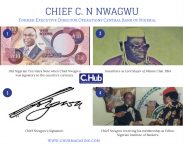
Notable Nigerian personalities: Chief Cletus N. Nwagwu: Former Executive Director operations of Central Bank of Nigeria
Profile Summary.
1936 – 2005.
He is of royal lineage.
A native of Mbaise, Imo state.
Studied abroad with a village grant.
Was a seasoned banker and economist.
Held various positions in the Central Bank of Nigeria.
His signature was on Nigerian currency from 1980 – 1984.
Was instrumental to the exponential growth of the banking finance sector in the 80s.
Notable for the reorganization of CCB from a credit and savings institution to a fully lucrative commercial bank.
Retired as Executive Director Operations, of the Central Bank of Nigeria, 1989.
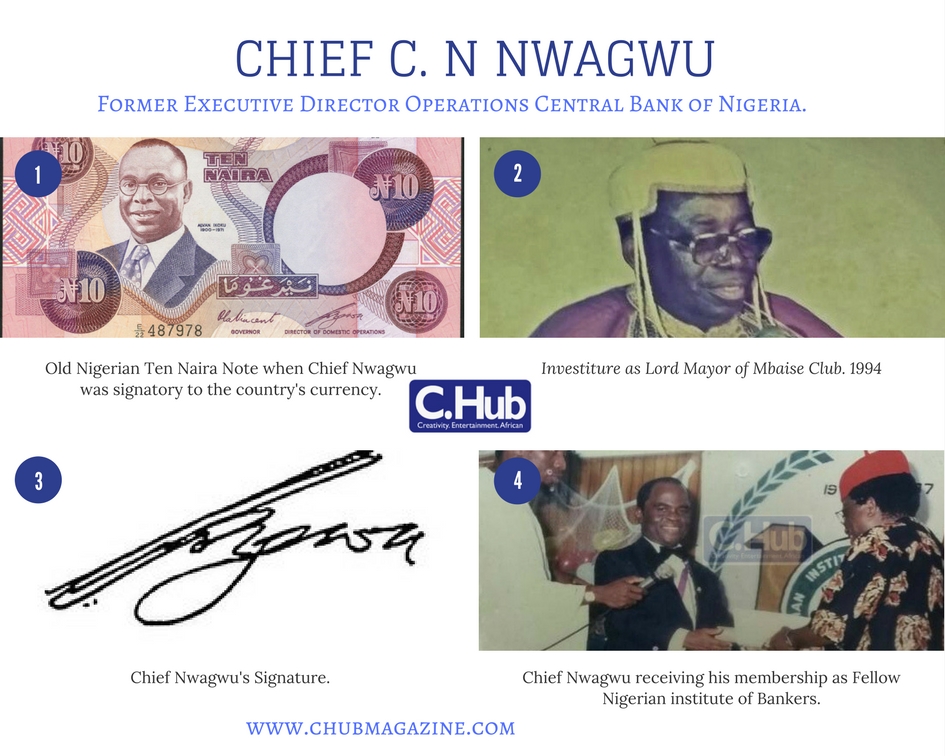
Chief Cletus N Nwagwu was one of the most knowledgeable Nigerian banking experts of all time. He witnessed the growth of the sector from colonial origins through the rough days of the immediate post-civil war era and its exponential growth in the I980’s.
In a corruption ridden Nigeria, his name seemed to have disappeared in history. He was and remains one of the few Nigerians who believe so much in fairness and equal opportunity for all. His achievements speak for themselves though rarely celebrated. He strongly believes in rewards on merit and not on connection. Among his mates and people who had any dealings with him during his time, his integrity stood out and continues to be his ultimate legacy.
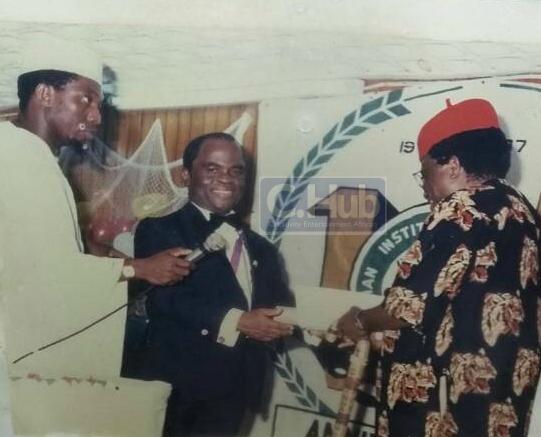
Chief C. N Nwagwu obtained BSc (Honours) degree in Money and Banking from the University of London, having attended the University College of London and the London School of Economics. Held a Diploma in Balance of Payments Methodology from the International Monetary Fund in Washington DC, as well as a diploma in Economic Development and Problem-Solving from the Administrative Institute of the University of Pittsburgh.
Returning to Nigeria after his studies overseas, In 1964, he became part of the Nigerian delegation to attend the first United Nations Conference on Trade and Development (UNCTAD) focusing on shipping and invisible trade.
In 1965, he became the Assistant Director of Research at the Balance of Payments Office of the Central Bank of Nigeria (CBN). Later, as Assistant General Manager of CBN, he oversaw such major assignments as studying and checking the bank’s transactions with the British Government for any irregularities.
After the Nigeria-Biafra civil war, he became the General Manager or CEO of the Cooperative and Commerce Bank (CCB) in 1970, and became instrumental to the reorganization of the bank from a credit and savings institution to a fully lucrative commercial bank. Chief Nwagwu would later return to CBN in 1974 to become the Director of Security and in 1977 became the Director of Financial Systems and Controls. Later he became in charge of currency banking operations and exchange control at Central Bank of Nigeria (CBN).
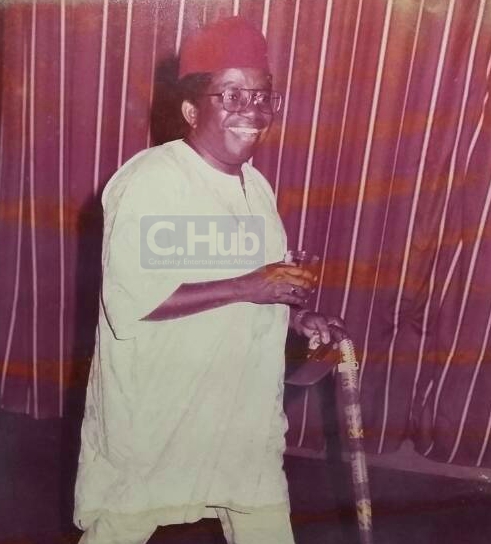
Jolly good Fellow.
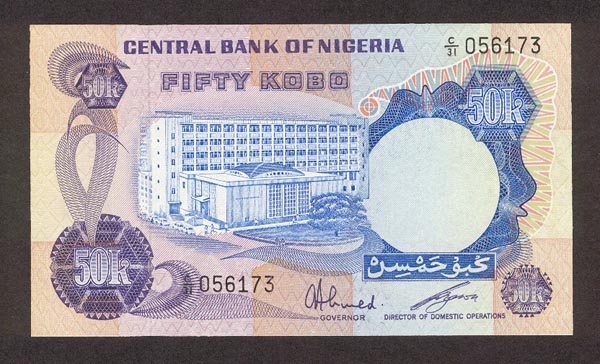
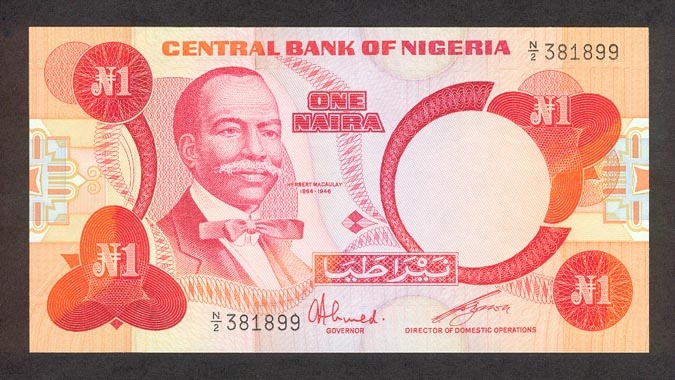
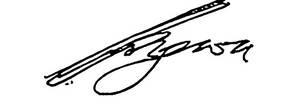
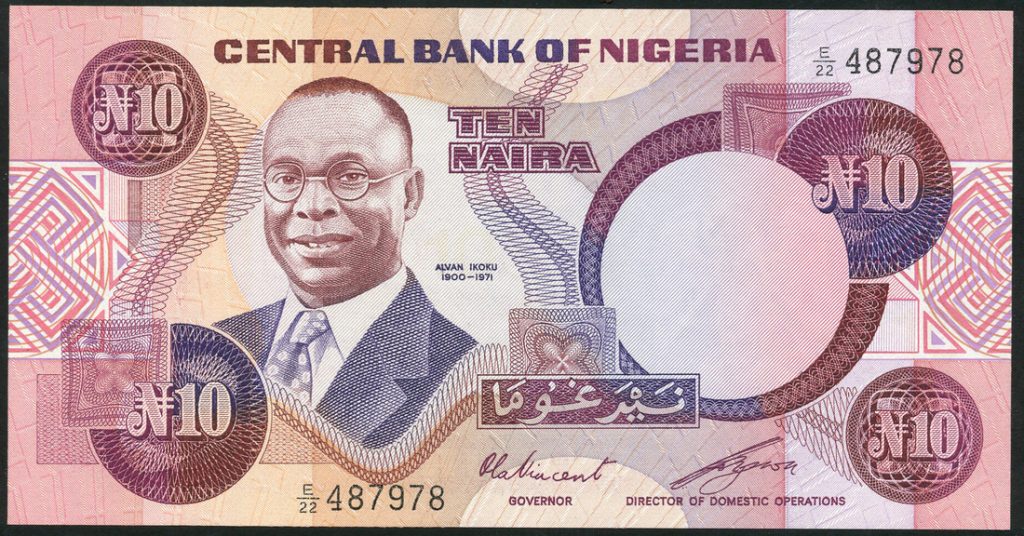
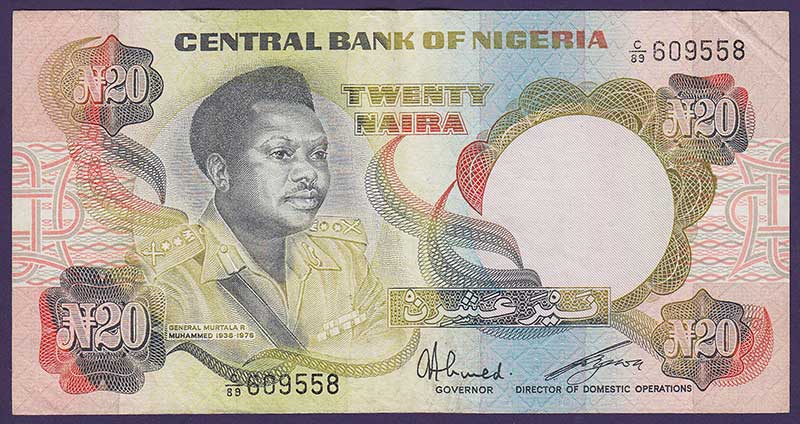
In 1984, he became the Executive Director of Operations at CBN, overseeing all banking operations, both domestic and foreign, including correspondence relationships with other Central Banks globally.
In his work, ‘POLITICS OF BANKING IN NIGERIA’ which was organised in three parts. Part one which covered a wide variety of issues on banking and finance within the Nigerian environment focused mainly on the first banking legislation in Nigeria and the interpretation and manipulation of the 1969 banking decree. Analysing the long-sustained banking crises that have continued to destabilize the Nigerian economy, he categorically stated that politics have destroyed banking in Nigeria.
He said, “Sometimes it was possible to record the emotions and motives of the key players and the expected results as the events, which they masterminded, unfolded. This in essence is the politics of banking. For the politician, it was not easy to draw the line as to where politics ended and banking began, especially as banking and politics have become intertwined since the beginning of commerce.
In the final analysis, it means using politics to score a banking gain or using banking to score a political gain. But sometimes the playing field becomes so slippery that to survive, or even succeed, occasionally politics gives way to diplomacy
.”
In the part three which deals with future guidelines and by a way of postscript on current economic matter, he urged research scholars to provide more information on all aspects, so that banking and finance in Nigeria can be understood.
He said, “We need to know more about banking and finance in Nigeria. Research scholars should provide more information on all aspects to enable the authorities structure a cohesive and all pervading policy appropriate for our emerging economy.”
Family and Background.
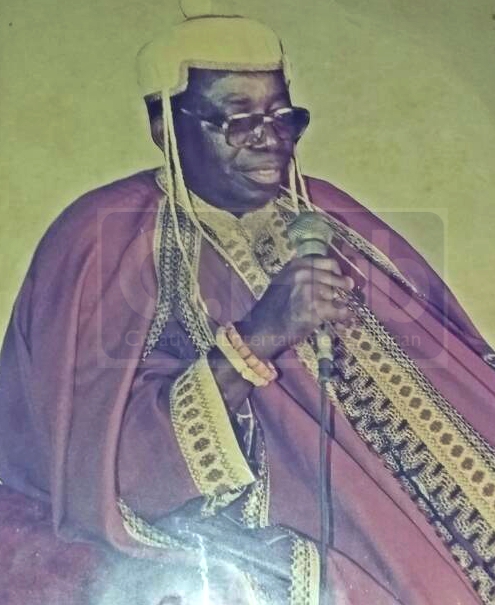
Their father Nwagwu died very early when they were infants leaving them to struggle for survival with their widowed mother. His brother Nze Justin Ugonna was able to go to school then and later became a teacher and headmaster, while his second brother Ezeji Michael Ukachi Nwagwu (My grandfather) took to business helping their mother to fund his education and that of their senior brother. Luckily in 1957, he secured a village grant funded by Ihenweke people (now Nguru nweke) to study abroad from when his career exploded to greater heights. He had two other sisters, Mrs Veronica Olelewe and Late Mrs Augustina Dedeibe.
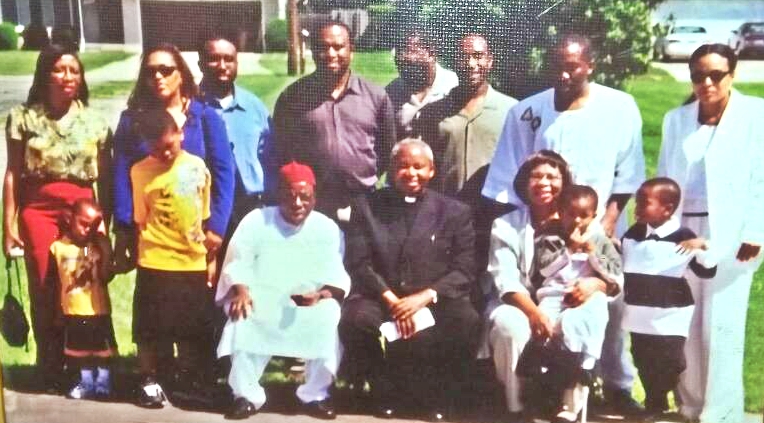
Chief CN Nwagwu was married to Mrs Bridget Nwagwu from Orodo, Imo state and they had 6 children, five males and one female, namely in a particular order:
Gordian Nwagwu a systems Engineer based in USA.
Chinyere Nwagwu, now Rev. Sr. Dr. Maria Carol Nwagwu – an educational expert and Reverend Sister based in USA.
Clovis Ndubuisi Nwagwu – an accountant and Mortgage specialist. Based in USA.
Dr. Chinedu I.k. Nwagwu – banker, database administrator and financial expert. Based in USA.
Dr. Chijioke Nwagwu, O.T.R – Rehablitation Physician and Occupational Therapist. Currently practicing in USA.
Uche Nwagwu – adminiatraive, organisational and developmental specialist. Based in USA and Nigeria.
He lived most of his life in Lagos while his career in banking soared. He retired in 1988 and died in 2005.
Notice of use: Use of this write up for commercial use without express permission of the author is prohibited.
When used for non profit, must be credited to Faustina Anyanwu for C. Hub Magazine and must be linked back here.
Chief Cletus N. Nwagwu: Executive Director operations of Central Bank of Nigeria













Comment